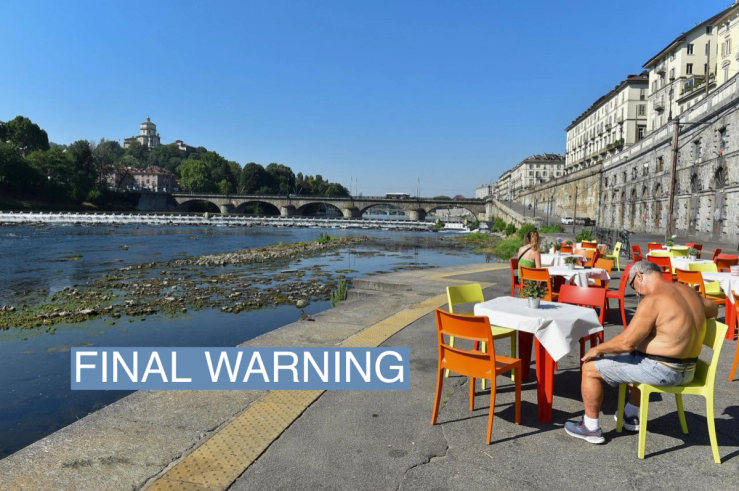The News
A new report from the U.N.’s Intergovernmental Panel on Climate Change (IPCC) issued a stark warning to world governments about the threat facing the planet if no changes are made to global emissions.
The world is on track to hit 1.5 degrees Celsius warming by 2035 if current trends continue, the report found, and the extreme heat recorded today will be normal and among the coolest in a generation’s time.
Speaking at a press conference Monday, U.N. Secretary-General Antonio Guterres said humanity “is on thin ice — and that ice is melting fast.” He called for a rapid move away from fossil fuels, and for a phase out of coal in rich nations by 2030.
Guterres said the planet is quickly reaching a point of no return, and risks missing the 1.5 degree of warming agreed to during the 2015 Paris Agreement.
In this article:
Know More
The study found that the risks to Earth posed by rising temperatures are increasing rapidly as the planet gets hotter. The Earth’s surface temperature was around 1.09 degrees Celsius higher between 2011 and 2020 than it was during the industrial age, it said.
Emissions have increased, and unsustainable land and energy use are contributing factors to rising levels of greenhouse gasses, as are our current lifestyle choices. Nearly 80% of greenhouse gas emissions came from the energy, industry, transport, and building sectors in 2019, the report found, while agriculture, forestry, and land use were responsible for another 22%.
Quoteworthy
Oliver Geden, a report author from the German Institute for International and Security Affairs, said it will be difficult for current emissions to stay within the amount allowable if the planet is to stay under 1.5 degrees Celsius of warming. “If we overspend on that budget, we create some kind of debt that we would have to pay back. And that would mean sucking more CO2 out of the atmosphere than we emit in the future,” he explained. “The room for maneuver is shrinking. That’s what the IPCC scenarios show.”
Step Back
Monday’s IPCC report was the final document to emerge from the Sixth Assessment cycle. Since 2015, three working groups have tracked the effects of anthropogenic climate change. The synthesis report is the product of those findings.
This report likely marks the final warning IPCC scientists issue on subverting climate change, as the next reports are scheduled for around 2030 — after the earth surpasses or is near to the 1.5 degree threshold, the Associated Press reported.


